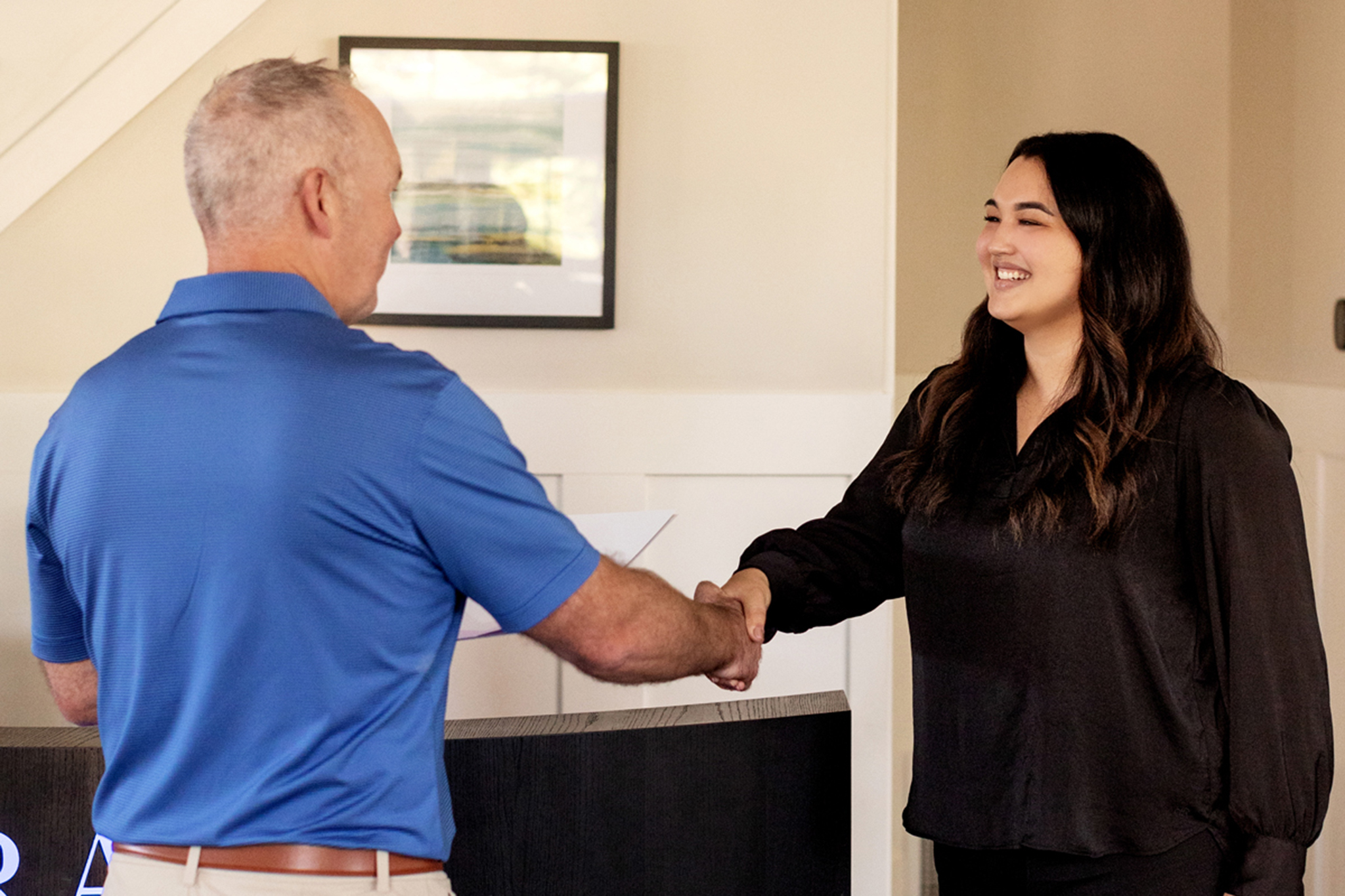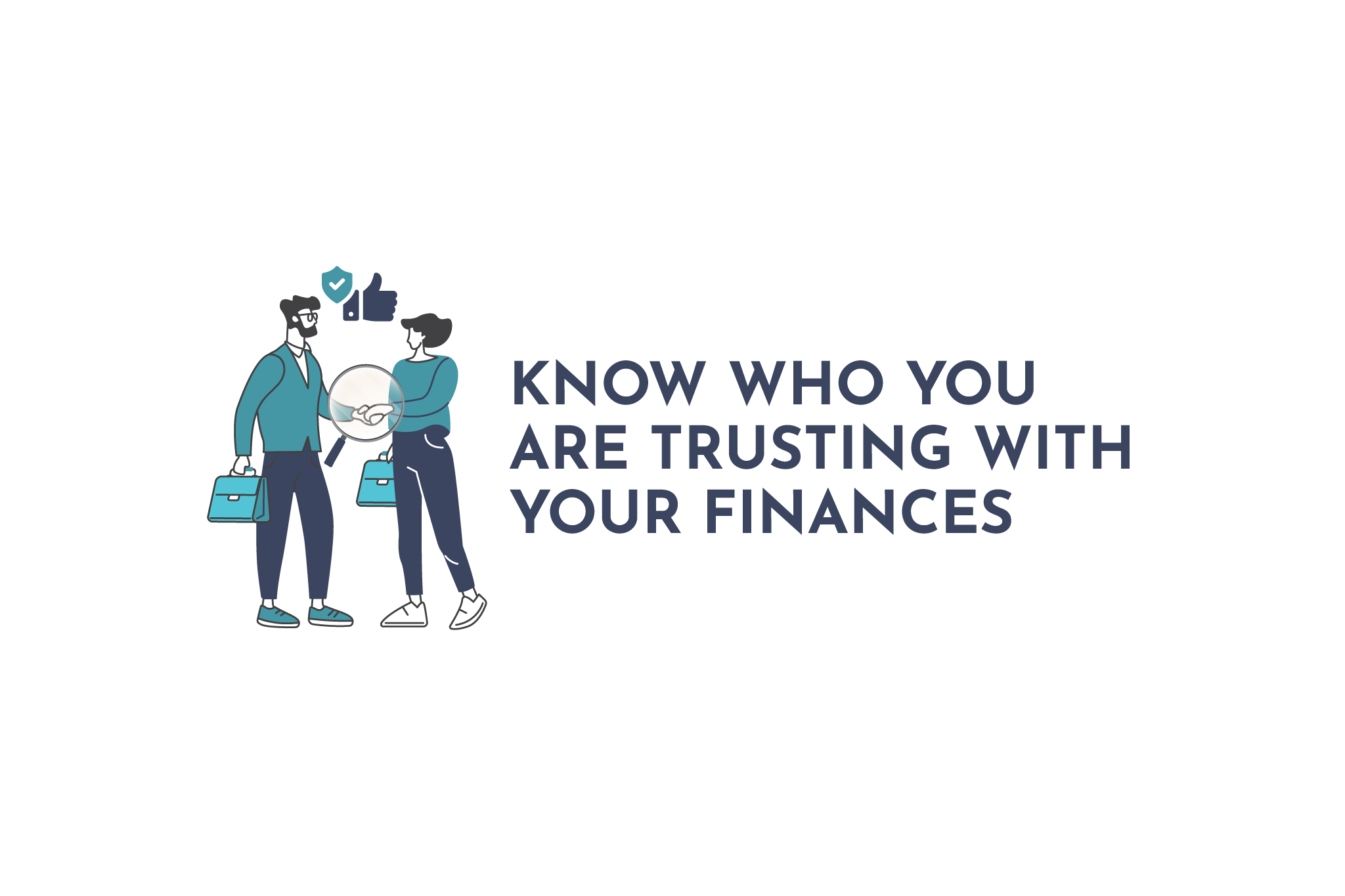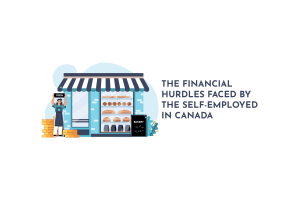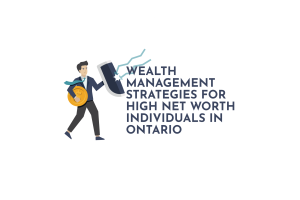In Central Ontario, there have been multiple stories in the news recently about a financial advisor who defrauded his clients of millions of dollars. While the advisor has pleaded guilty to the charges, it warrants a closer look at the details because, upon reading the case, it becomes apparent that his friends and family were the actual victims. While it may seem unbelievable that someone would take advantage of the trust those closest to them placed in them when they decided to work with them to plan their financial future, unfortunately, this is not the only example of situations like this where an advisor has defrauded a client. So, let’s take another look at what has happened and what the warning signs were, and then review some practices that, if your advisor follows them, should raise alarm bells in your mind.
In this article:
The Story From the News…
Here is a link to CTV Barrie’s news story about the advisor who recently entered a guilty plea to defrauding clients. The details of the crimes committed are heartbreaking. Friends and family members believed they had someone they could trust to have their best interests in mind and backed this trust up with action by giving their savings to the advisor. How could they have known that he was, in fact, not putting their money into investment funds and instead was using it for his own personal gain? He then took a step further by allegedly providing falsified investment statements to support the ruse that their money had, in fact, been deposited into investment funds. The answer lies in one of the biggest red flags that we detailed in a previous blog post. The advisor had the clients write cheques payable to him personally, and in turn, he told them that he would invest the money with the investment management company. This is a huge no-no. No investment company works this way. You should never write a cheque made payable to your advisor personally; cheques should always be made payable to the investment company or insurer that will receive the funds. There was also the issue that the advisor generated the statements that they received. While your advisor should be able to print off copies of statements for you, that advisor should not be the only way that you have access to the statements. You should receive copies directly from the investment company at the mailing address you provided, and you should also be able to create an online profile where you can log in and view your investments online whenever you want.

What Can You Really Know?
We’ve all seen the story on the local news. Someone commits a crime, and a reporter is dispatched to their neighbourhood, where they interview people who, over and over, say that they ‘never suspected anything’ or that the person who committed the crime was ‘a nice person who was a great neighbour’. Why bring this up? I think that it really hits on the point that, as much as we all think that we know the people we interact with, no one really knows what someone else is capable of. We also don’t know why someone does what they do. When we examine this local case again, we see someone who stole money from friends and family. While we may never fully understand why this was done, what is safe to assume is that the people closest to this advisor trusted him implicitly to have their best interests in mind and to look after their money for their future. You need to be able to trust your financial advisor. With that in mind, let’s remind ourselves of some tips that you should remember to protect yourself and your money:
- You should never be asked to sign an incomplete form. All investment regulators have the same policy for this. Don’t do it. If you are asked to sign a form that doesn’t include investment instructions and dates, you are taking the risk that what you thought would happen and what actually happens are two different things.
- Never write a cheque payable to your advisor personally for an investment. These cheques will always be payable to the institution that manages the investment, and they should never ‘flow through’ your advisor’s ‘house account’;.
- Get online access to your accounts. This is the best way to ensure that what you are asking to be done is carried out. Being able to log directly onto the company’s web page that manages your account and view your holdings is the best way to verify what is happening.
- Authentic statements that are mailed to you will come from the investment company directly, not through your advisor’s office. The advisor’s name will appear on the statement, but it should be provided directly by the fund management company via Canada Post.
- Remember to trust your gut. If you are being offered something that feels too good to be true or feel pressured to decide to do something you aren’t comfortable with, you are never wrong to take a step back and make sure that you understand what is going on.

You Have to Trust Someone
Investment products can be complicated, particularly if you’re not involved in them on a daily basis. Relying on someone whose job it is to understand how they work and be able to explain it to you in terms you can understand is essential to figuring out a plan to save for the future. For the sake of comparison, I can look online and find a video of how to change the brakes on my car by myself. It doesn’t mean I should do that, though; it also doesn’t mean it’ s a good idea. Instead, I choose to rely on someone who knows what they are doing to prevent me from crashing my car when it won’t stop because I did my own brake job. In the same way, it is entirely understandable that you may not fully understand all of the ins and outs of how an investment fund works when you invest in it. There is a wealth of information available about all investment funds, which can provide details such as management fees, historical performance, risk profiles, and management styles applicable to each fund. As I mentioned earlier, if you don’t live in a world where you deal with this daily, you need to be able to rely on the advice of the experts. You need to work with someone who can explain how the investment fund works and how your money will be managed in a way that you understand.
If you are dealing with an investment advisor and you have questions about them, try simple things like a Google search of their name. This can reveal information about the advisor’s work history and let you see if they’ve ever been investigated for any less-than-ethical behaviour professionally. You should also be able to talk to them. This sounds like a no-brainer, but remember, this advisor needs to be able to explain how your investment will work in a way that makes sense to you. If you feel like you ‘don’t speak the same language’ then it will be challenging to create a plan that works for you and makes sense. Finally, remember you should never feel pressured. The first meeting in the process at Strata Wealth & Risk Management with any prospective client is used to determine whether or not there is a fit between the client and advisor. If there isn’t a good fit, then it doesn’t make sense to start the process of creating a plan. Just meeting with an advisor should not commit you to anything if you feel like there is pressure to sign up for things that you don’t fully understand early on in the relationship with an advisor; that should be a major caution flag that pops up in your head.
The Bottom Line
Knowing who to trust is hard. I wish it weren’t so easy to sum that up, but there it is, six words that define why people struggle with figuring out who to work with for things like financial advice. And stories like the one from Orillia recently don’t help because it’s natural to think that if it could happen there, why couldn’t it happen to you as well? It’s natural to respond that way in your mind. The key thing that you need to remember is that there are steps that you can take to protect yourself. Watch for the particular items we mentioned earlier and make sure that even if you don’t understand the full ins and outs of how your investment products work, you know where your money is going and why it is going there.




